Why are Eggs Part of the Easter Eggs-perience?
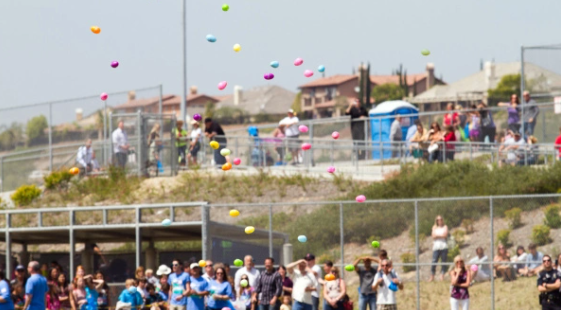
Easter eggs are now crucial to the Easter tradition.
March 21, 2023
The first thing many kids think about when they think of Easter is Easter eggs. Easter eggs are eggs that people decorate in Easter time for fun. It can be an exciting family or friend activity. Also, people go on Easter egg hunts with brightly colored plastic eggs. Sometimes, there is a golden egg which will contain the best treasure inside. It is so thrilling to find eggs and compete with friends for the best candy or best prize! Savannah Cheng (9) emphasizes that she loves celebrating Easter, and her “favorite part is decorating eggs and having Easter egg hunts.” But, how did eggs become associated with the holiday?
[my] favorite part is decorating eggs and having Easter egg hunts
— Savannah Cheng (9)
Easter is a Christian holiday in which people celebrate the resurrection of Jesus Christ. The holiday is typically in April (depending on when different people and calendars choose to celebrate it). Because so many people observe this holiday, it has acquired many different traditions over time, including Easter eggs.
The beginning of Easter eggs comes from medieval Europe, possibly coming from Christians or from Anglo-Saxon traditions. Anglo-Saxons worshipped the goddess Eastre while commemorating the spring equinox. There would be a festival in which people ate eggs and would bury them to represent fertility.
In an attempt to convince people to convert, Christians in Europe would incorporate their traditions for Holy week into these pagan festivals. These Christians wanted to give the Easter eggs a new meaning.. Eventually, eggs came to symbolize the resurrection of Jesus Christ, replacing the correlation with Anglo-Saxon traditions.
It is also believed that Easter is celebrated because of Lent, in which Christians are supposed to fast and restrain from eating meat in order to focus on Easter’s true meaning. Lent is the 40 days between Ash Wednesday and Easter that is used for reflection and preparation for Easter celebrations. The 40 days is representative of Jesus’ 40 days in the desert. During this 40 day period in which chicken laid eggs, people would hard boil them, then freeze and store the eggs to have or give out to the community on Easter.
Eggs fit the theme and importance of Easter to Christians by representing fertility and rebirth, similar to the idea of new beginnings in spring.
There are many different activities people may participate in this Easter. This includes egg-rolling contests (metaphorically displays a stone rolling from Christ’s tomb). People will boil and decorate eggs, then bring them to local competitions to roll down a hill. Whoever’s egg rolls the longest without cracking wins!
In Germany, many partake in egg dancing in which raw eggs are placed around a lawn while people dance around, trying to break the fewest number of eggs possible.
In Greece, people take part in egg tapping, where they will bring a boiled, decorated egg to tap against the person next to them at the dinner table. Whoever’s egg doesn’t crack wins. After the activity, they typically eat their eggs.
In Mexico and southern parts of the United States, egg showers are very popular. People fill a hollow egg with confetti and break them over someone’s head to give them good luck.
There are many other Easter traditions celebrated amongst various cultures. Eggs have had a big impact on Easter and on how people across the world celebrate it.









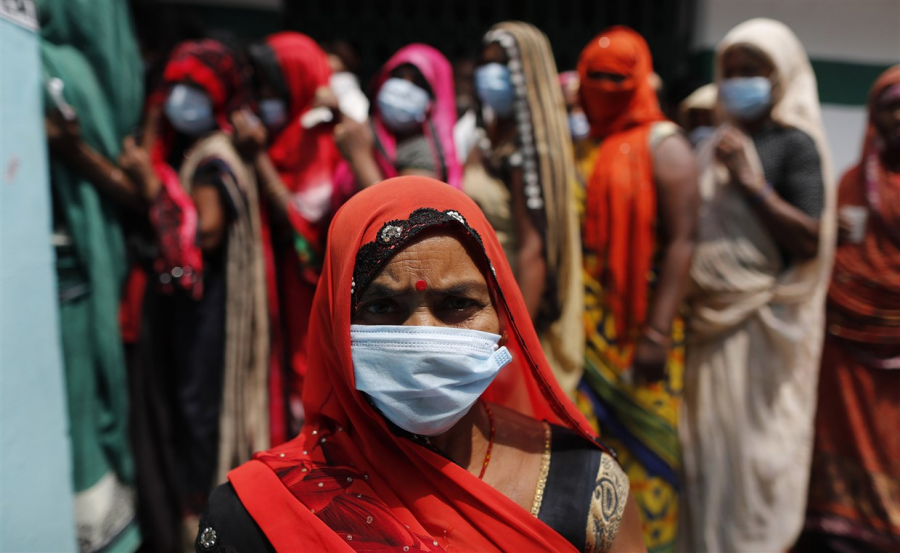

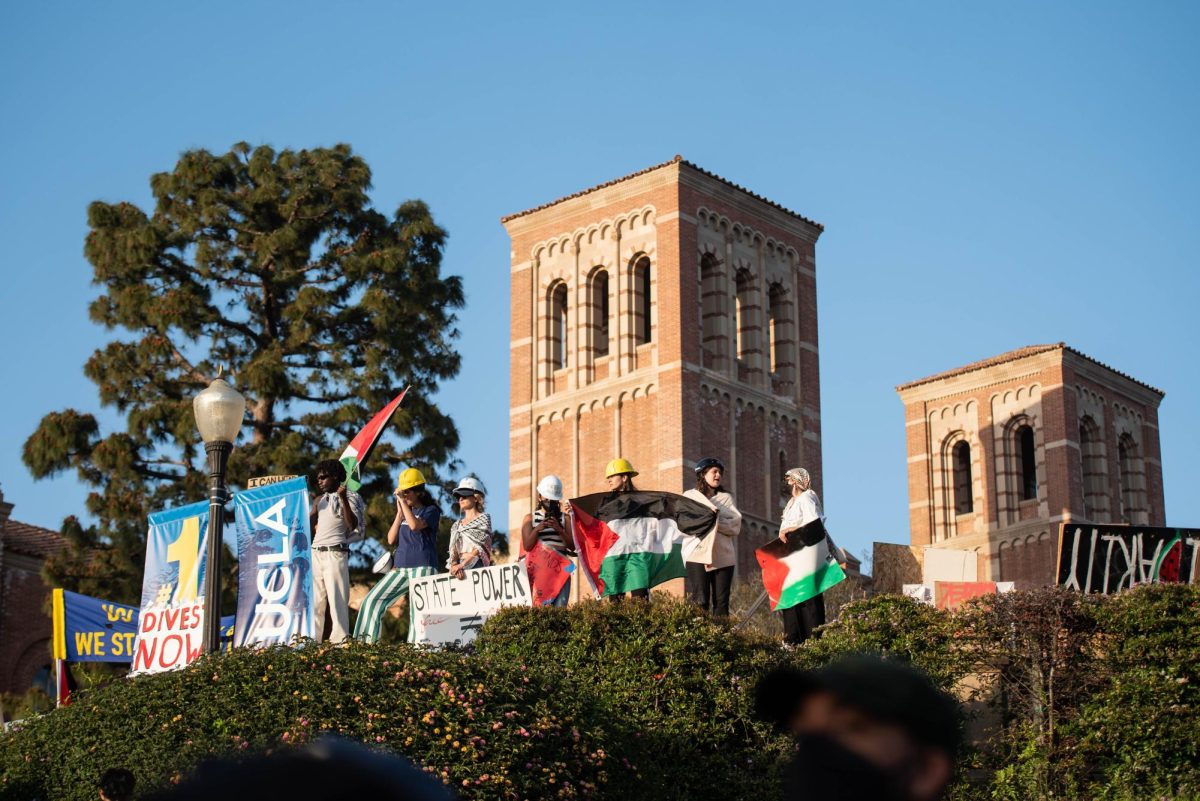





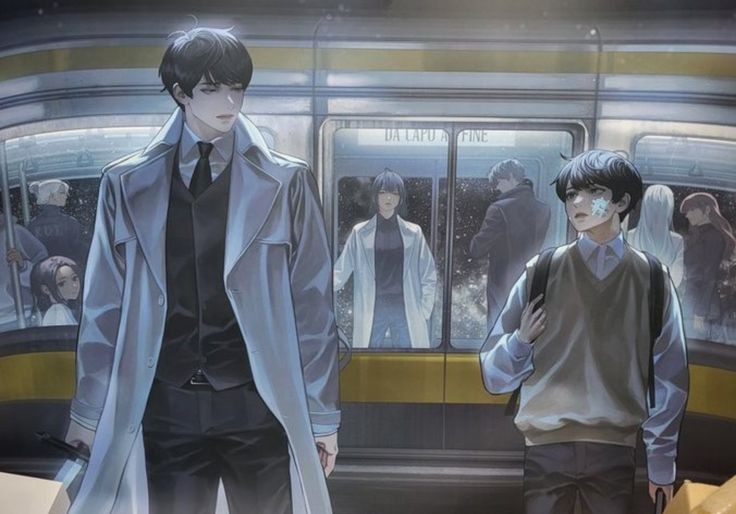
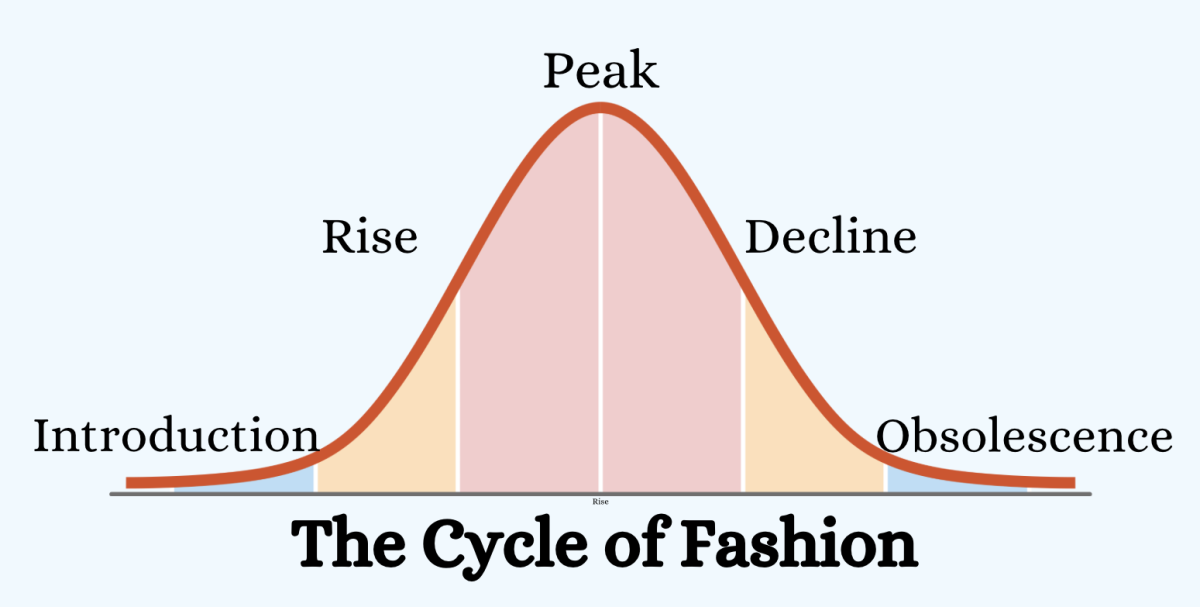
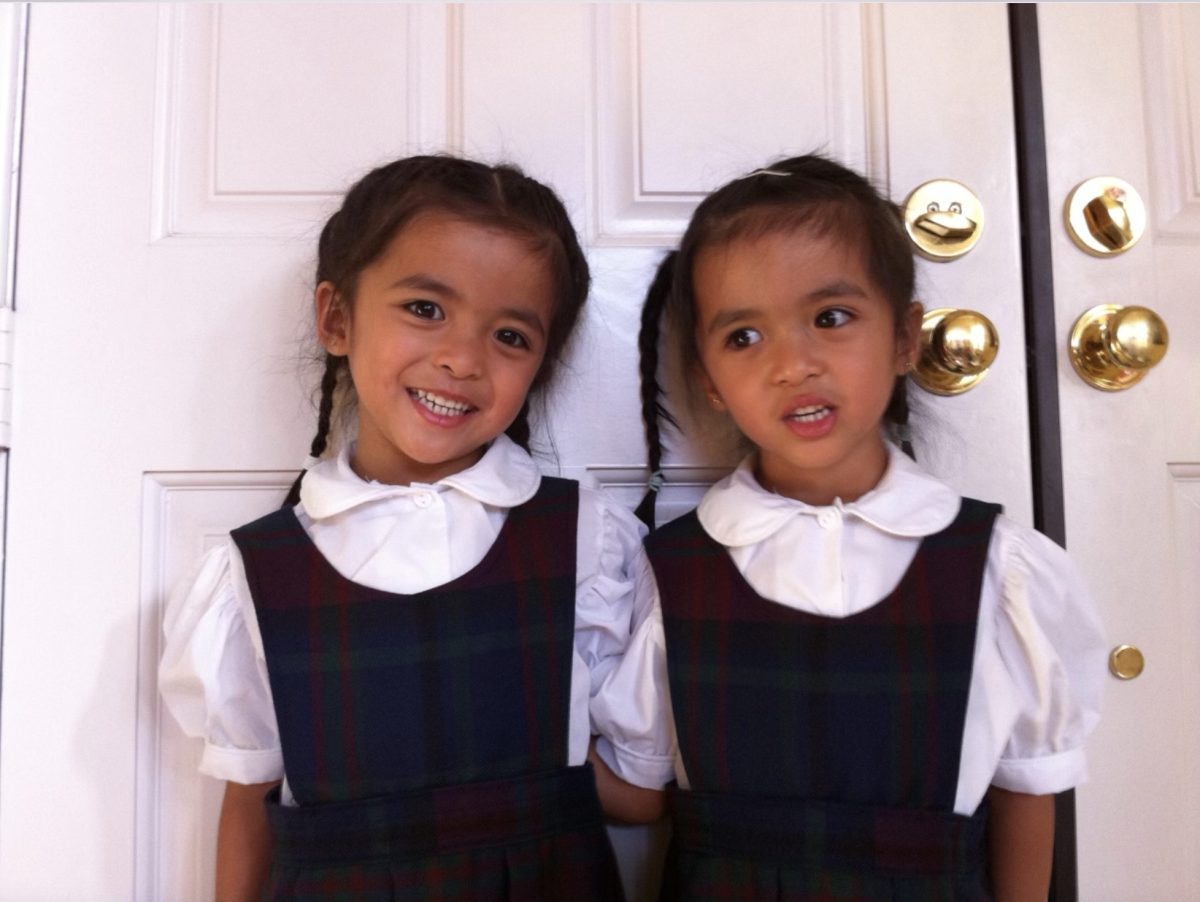
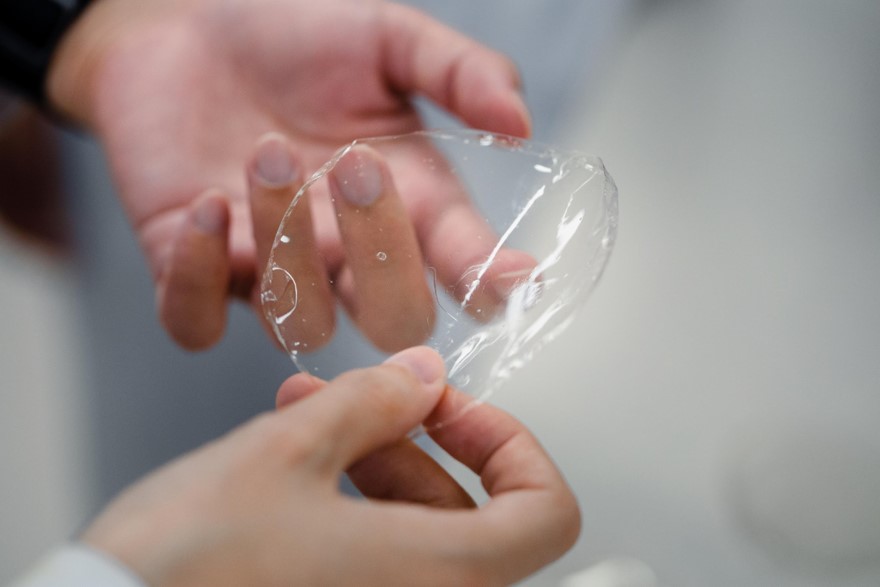




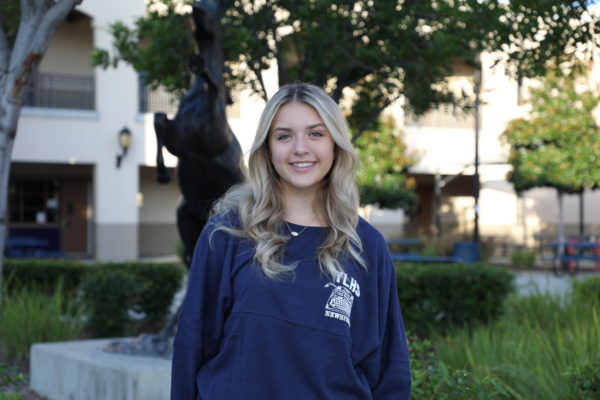














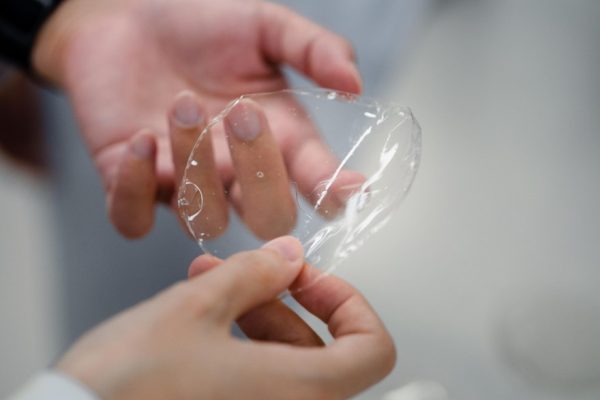

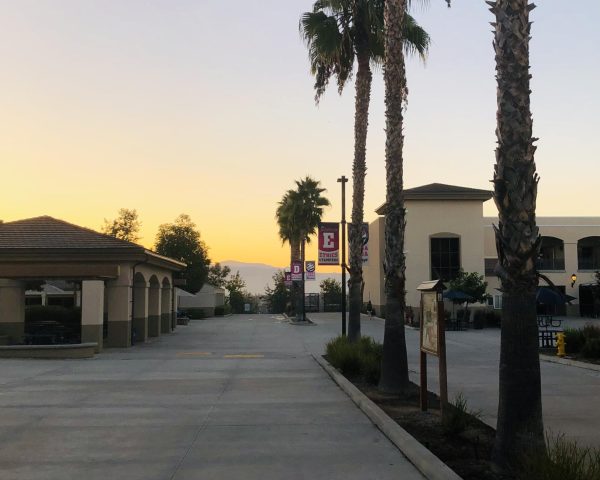
Chase Kim • Mar 23, 2023 at 7:25 AM
It’s fascinating how the tradition of Easter eggs morphed from its roots at a medieval festival, to a religious tradition, and finally to its role in the modern world, and how it has moved across cultural boundaries.
Journey Mou • Mar 23, 2023 at 7:24 AM
It was fun learning about how different places in the world celebrate with Easter eggs differently.
Fiona Salisbury • Mar 23, 2023 at 7:21 AM
I never though about why eggs were a part of Easter, and I think you did a great job explaining why they are. I especially loved how you wrote about how Easter traditions vary in multiple countries!